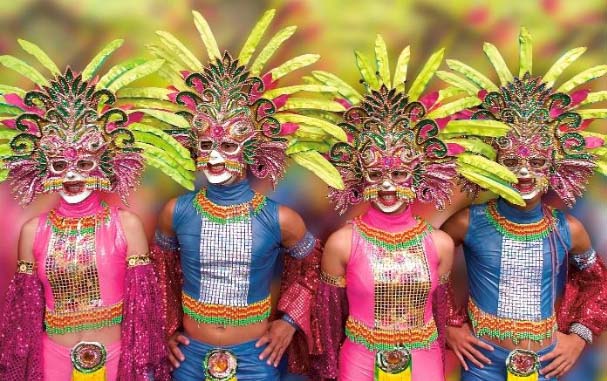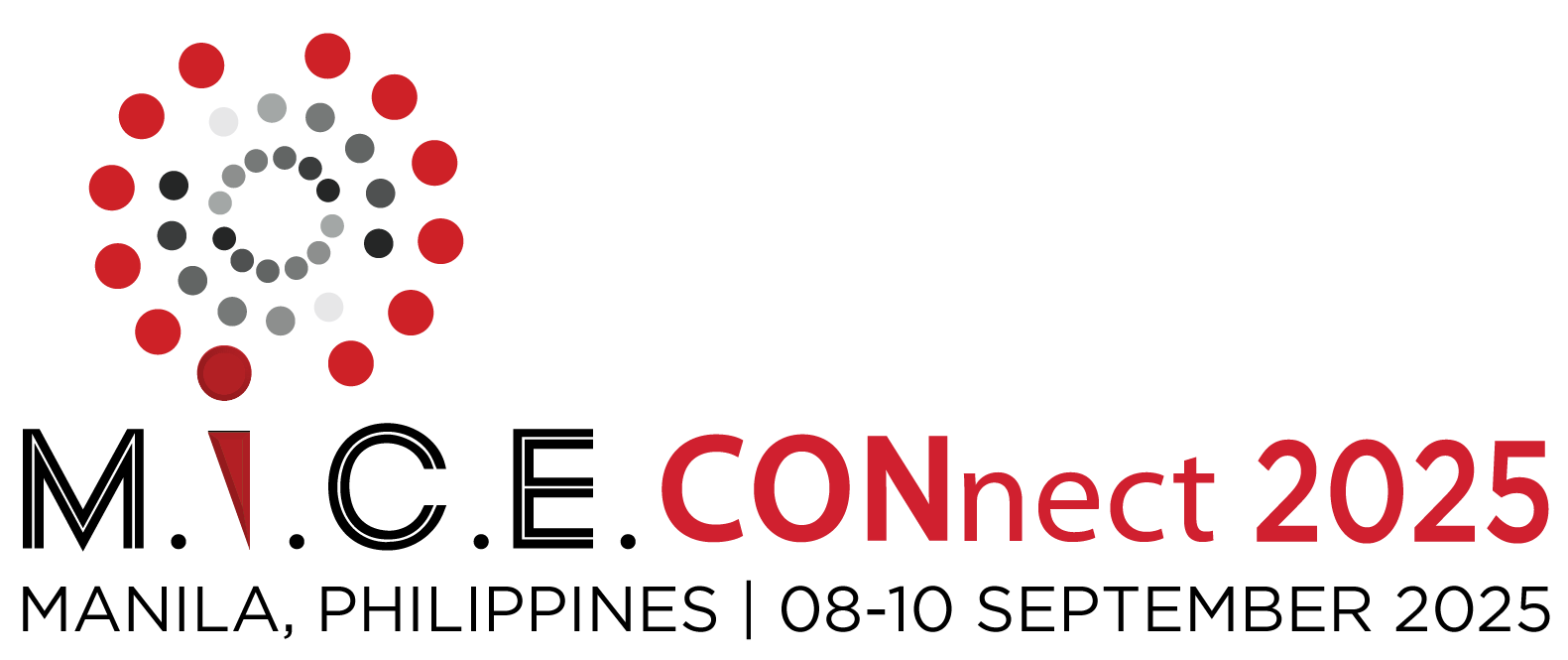 The City of Bacolod, situated on the northwestern part of the island of Negros, is the highly urbanized capital, communication, trade and service center of the Province of Negros Occidental, one of the twin provinces of Negros Island in the cluster of the Visayan Islands in the heart of the Philippine Archipelago. It is bounded by the Guimaras Strait on the west, the municipality of Talisay on the north, the municipality of Murcia on the east, and Bago City on the South.
The City of Bacolod, situated on the northwestern part of the island of Negros, is the highly urbanized capital, communication, trade and service center of the Province of Negros Occidental, one of the twin provinces of Negros Island in the cluster of the Visayan Islands in the heart of the Philippine Archipelago. It is bounded by the Guimaras Strait on the west, the municipality of Talisay on the north, the municipality of Murcia on the east, and Bago City on the South.
Bacolod was derived from the Ilonggo word “bakolod” meaning “stonehill” since the settlement was founded in 1770 on a stonehill area, now the district of Granada.
Bacolod, the “Sugar Bowl of the Philippines,” is one of the most progressive and elite cities in the country. Sugarcane plantation is a typical scene along the highways of Bacolod.
The city is popularly known for its MassKara Festival held during the third week of October, and is also known for being a relatively friendly city, as it bears the nickname “The City of Smiles”.
Awards Received
Among the many awards received by the City of Bacolod are the following: Top 8 Most Competitive Cities (2018), Rank 1 Most Competitive Cities in the Visayas (2018), 1st runner-up Most Livable Urban Centers in the Philippines (2018), Finalist Best in eGOV Business Empowerment Category (2018), Top Philippine Model City (2017) and Finalist Best in eGOV Data-Driven Governance Category (2017).
Bacolod as a MICE Destination
The City of Bacolod played host to numerous international conferences such as the Association of Southeast and East Asian Catholic Colleges and Universities Conference (1994), the World Conference of the World Futures Studies Federation(1999), the 3rd International Conference on Multidisciplinary Research (2013), the International Educators’ Conference 2017 and 1st Early Childhood Education Conference in Asia (2017), the 15th Meeting of ASEAN Senior Officials Responsible for Information (SOMRI) and its biggest event next year, the 7th International Mask Arts and Culture Organization (IMACO) International Conference (2019).
The City of Bacolod ceremoniously prepared itself as a MICE destination by issuing City Ordinance No. 08-14-680 dated 09 July 2014 entitled An Ordinance for the Promotion and Strengthening of the City of Bacolod as a Choice Destination for National and International Meetings, Incentives, Conferences and Exhibitions (MICE), Providing Funds therefor, and for other Purposes Pertinent thereto.
Fast Facts on the Host Destination
Getting There
By Air
The city is only 55 minutes from Manila, serviced by the country’s two (2) major airlines, Philippine Airlines and Cebu Pacific with nine and eleven daily roundtrip flights, respectively. From Cebu City, Bacolod is only 30 minutes away, with eight (8) roundtrip flights daily through Philippine Airlines and Cebu Pacific. The Bacolod-Silay Airport of international standard is 35 minutes from the Bacolod downtown.
By Sea
Bacolod is normally a 20-hour cruise from Manila aboard world-class vessels; 90 minutes to and from Iloilo on fast seacrafts. The Banago and BREDCO ports are the vessels entry point.
By Sea and Land
The 18-hour travel time from Manila via land and sea transport is now possible through RORO (Roll On Roll Off) vessels traversing through the Strong Republic Nautical Highway using the ports of Iloilo, Caticlan in Aklan, Roxas in Mindoro, and Batangas in the Province of Batangas.
Climate
Bacolod City has two (2) pronounced seasons, wet and dry. The rainy season starts from May to January with heavy rains occurring during the months of August and September. Dry season starts from the month of February up to the last week of April. December and January are the coldest months while April is the warmest.
Population
The charming, smiling and hospitable people are called Bacoleños, a.k.a. Bacolodnons. Latest population estimate is close to 600,000 or half a million which is approximately 25% of the total population of the province of Negros Occidental.
Currency
Most foreign currencies may be changed in banks, in most first-class hotels, shopping malls, and foreign exchange dealers. Major credit cards are also widely accepted.
Communication Facilities
Bacolod is connected to the global information highway, with cellular phones, emails, WIFI and the web as the most common form of communication. Local and International direct dialing, telex, facsimile, world-wide express delivery, postal and telegraph are still widely used by many.
Utilities
Electricity
Generally, 220 volts, with some areas having 110 volts, 60 cycles. A plug with two (2) flat prongs is the norm. The use of a universal adaptor assures safety.
Water
The city has an acceptable water supply system. Water is potable. Bottled mineral, spring or purified water are widely available.
Mobility in the City
Modern air-conditioned taxis abound in the city. Public utility jeepneys are the common mode of transport. There are four major jeepney routes within the city and to the outlaying barangays or districts.
Getting Around
Modern air-conditioned taxis are numerous in the city. Public utility jeepneys are common modes of transport within the city. There are four (4) major jeepneys routes: Banago-Libertad, Mandalagan-Libertad, Bata-Libertad, Shopping-Libertad routes. Buses and jeepneys provide service for intertown travel. Car rental services are available with rates depending on the vehicle used and distance traveled. Information for car rental services are available at most hotels’ front desk.


